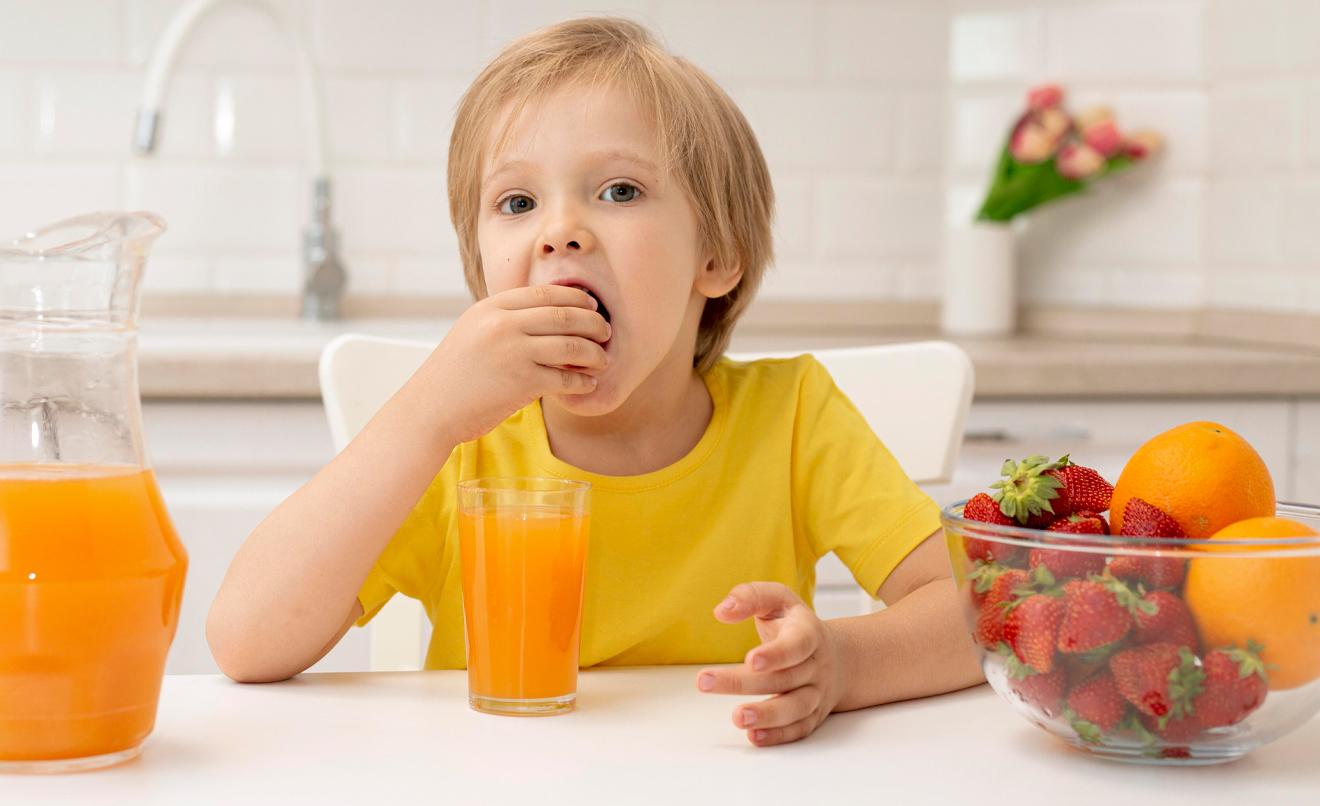
It’s obvious
that a proper diet is necessary to preserve optimal health. However, in
different situations, we see diet as the way to correct certain problems when
we see signs of them, and this is a mistake.
We should see
diet as a long-term inversion and not as a solution when there have already appeared
some disorders such as overweight, high cholesterol, poor digestion, etc.
In this
light, we need to understand that children’s nutrition is essential for them to
grow up healthy and become healthy adults. The idea that “my child is healthy
and young, so he can eat whatever he wants” is not advisable. From our birth,
the nutrients we consume will be the raw material that will make us grow and
develop healthily.
Regarding the basic concepts, children’s nutrition does not
differ too much from that of adults:
1 – It’s essential to eat highly
nutritious foods, and have a varied diet, rich in vegetables, and
with low saturated fats, salt and sugar. It must always be adapted to the child’s
age: exclusive breastfeeding until 4-6 months, complementary feeding to breastfeeding,
inclusion of foods according to the intestinal and immunological development, taking
care of oral hygiene after feeding from the age of 2, and adjusting the requirements
according to the development of the child until puberty.
2
– It is also quite relevant to have a routine according to their
lifestyle: eating with their families, seated, quiet and without external
stimuli such as TV or phone screens, could be essential.
3
– Balancing the calories is necessary to maintain growth
according to the age of development. It is not about having a calculator on the
table, but about respecting hunger and satiety signals. Nevertheless, it is
necessary to comply with points 1 and 2 so that these signals are efficient.
4
– It is not recommended to fight over food or reward with certain
kinds of products. Food should not be a bargaining chip, and some
kinds of products should not be more valuable than others. For instance, “if
you eat the chard, then I’ll let you eat chocolate” assumes that chards are a
kind of torture and chocolate is an award. This gives food an emotional value that
may lead to some problems in adulthood. A good idea here would be to include
children in tasks around the table so that they perceive mealtime as something
nice (shopping, setting the table, participating in the kitchen, etc.).
5
– It would be interesting if, from a very young age, we tried to make
them familiar with certain textures, tastes, colors and smells, through
methods like baby-led weaning. This method is about allowing the baby to experiment
with food from the beginning of complementary feeding, letting the instinct of tasting
everything with hands and mouth. This method has been verified to reduce children’s
dislikes when they are older, but it is essential to handle healthy, tender food
with a suitable size to decrease the risk of choking. It is also necessary to consider
the neurological and digestive development of the baby (do not start before 6
months of age) and maintain breastfeeding on demand, as this feeding aims to be
a method for exploration, confidence and development, not their main source of intake.
6
– Finally, although there are dietary guidelines, after the
ages of 6-7, when children have full control over chewing, their diet should
be similar to that of adults: healthy, varied, well-balanced, in accordance
with the physical activity they practice and rich in vitamins and essential
micronutrients.